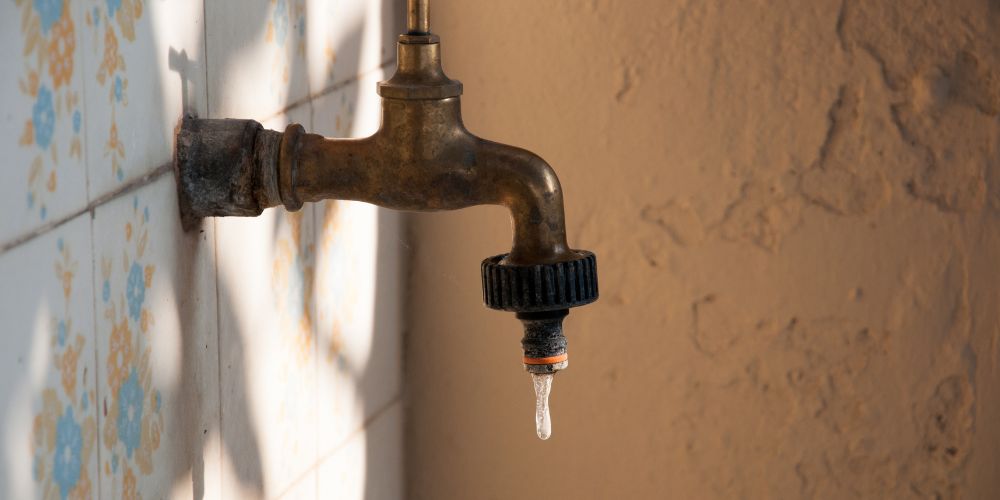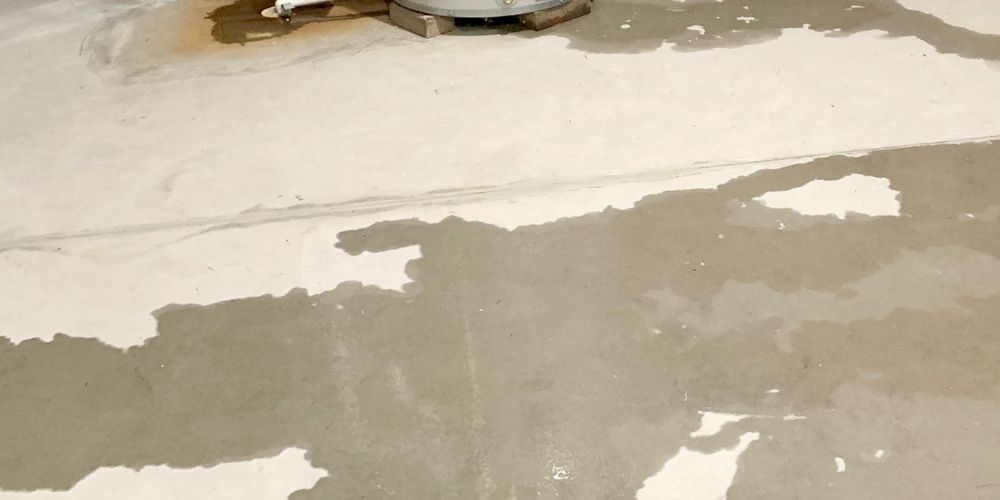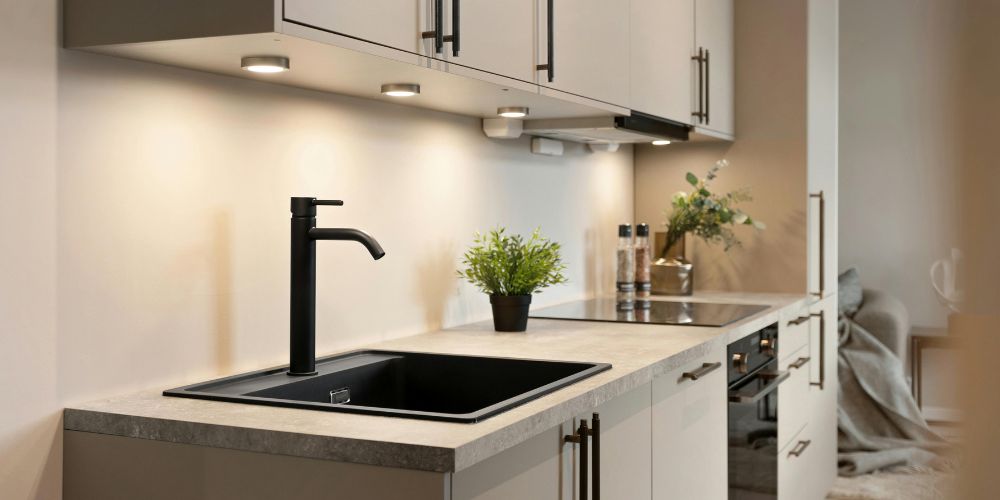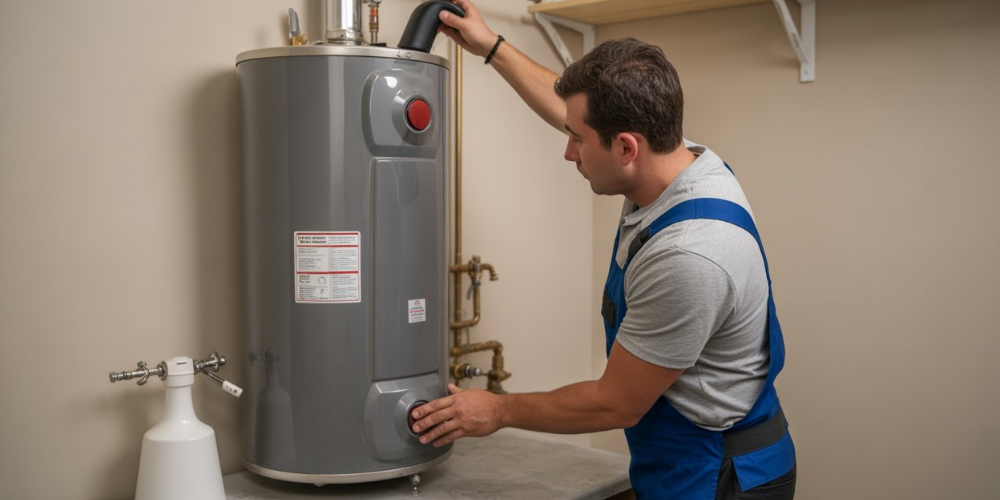Knowing the different types of water heaters is essential, as everyone’s needs are very different and best suited to particular water heaters. They range from storage tanks through some innovative solar and hybrid systems to ones that provide unique benefits in efficiency, space requirements, or environmental impact.
This comprehensive guide explains tank, tankless, point-of-use, solar, hybrid, combination boiler, and condensing water heaters. Whether you’re looking to save energy, get a continuous hot water supply, or be eco-friendly, knowing these options will put you at the top.
A suitable water heater is critical to comfort and efficiency in any residential or commercial building. Improving technologies and the move towards environmental conservation have forced the market to provide different kinds of heaters that best fit myriad needs.
Understanding these choices places consumers in a vantage position to make informed decisions based on energy efficiency, space constraints, and volume of hot water demand.
Solar Water Heater
Solar water heaters draw energy from the sun through solar panels and transmit it to heat, which is transferred into a tank full of water. They work efficiently in sunny parts of the country, and owners realize worthwhile energy savings over time.
It leads to lesser dependence on conventional energy sources, reducing utility bills and carbon footprints. Despite their higher up-front cost, government incentives and long-term savings make them a sustainable choice for green-conscious homeowners.
- Good For: Homes aiming to reduce energy costs and environmental impact.
Also, read 5 Signs You Need Plumbing Services
Point-of-Use Water Heater
Point-of-use water heaters are designed to provide hot water directly at the point of demand rather than centrally. They eliminate long hot water pipes—associated with big-system heat loss—to deliver hot water almost instantly. They can be installed compactly right at any location in a building where hot water is most needed while saving energy and water. Point-of-use heaters work well for retrofitting existing plumbing and augmenting central water heating systems in large buildings or homes requiring hot water.
- Good For: Homes or businesses needing hot water at specific locations.
Hybrid Water Heater
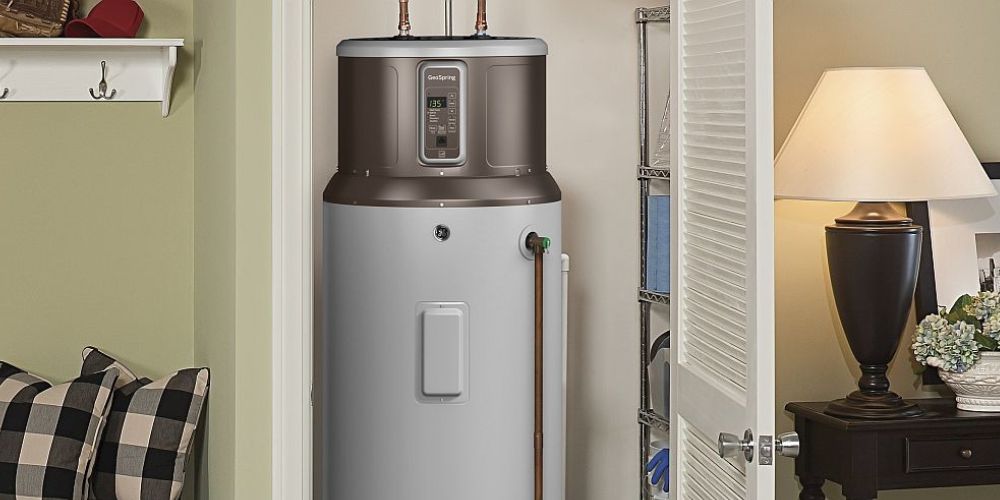
Hybrid water heaters borrow elements from each tank and tankless water heater models to incorporate heat pump technology. They can efficiently extract heat from ambient air, hence heating water; therefore, they are very efficient.
Such hybrid heaters switch between electric heating and heat pump modes depending on demand to ensure a continuous hot water supply at reduced energy consumption. They work best in climates where the surrounding air temperature remains moderate for maximum efficiency.
- Good For: Homes seeking energy efficiency with versatile heating options.
Combination Boiler Water Heater
Combi boilers, or combination boiler water heaters, directly supply hot water for domestic use and space heating without requiring an intermediate storage tank.
Combi boilers directly heat water from the mains, giving instant hot water. They also eliminate standby heat losses. Combi boilers are compact, efficient, and ideal for tiny homes or apartments with limited space.
They provide a constant hot water supply, and their main advantages are energy efficiency and convenience.
- Good For: Homes needing space heating and hot water from a single unit.
Condensing Water Heater
Condensing water heaters have the best possible recovery of more heat from the flue gases, which is otherwise wasted in conventional models. They incorporate an additional heat exchanger, which extracts more heat from combustion by-products before venting into the atmosphere. It raises their efficiency ratings while reducing operating costs over non-condensing models. Such condensing water heaters are very suitable for highly demanding households with a significant need for hot water.
- Good For: Homes looking for energy efficiency and ways to cut down on their high cost of operation.
Also, Read Is it worth putting in a water softener?
Tank Water Heater Vs. Tankless Water Heater
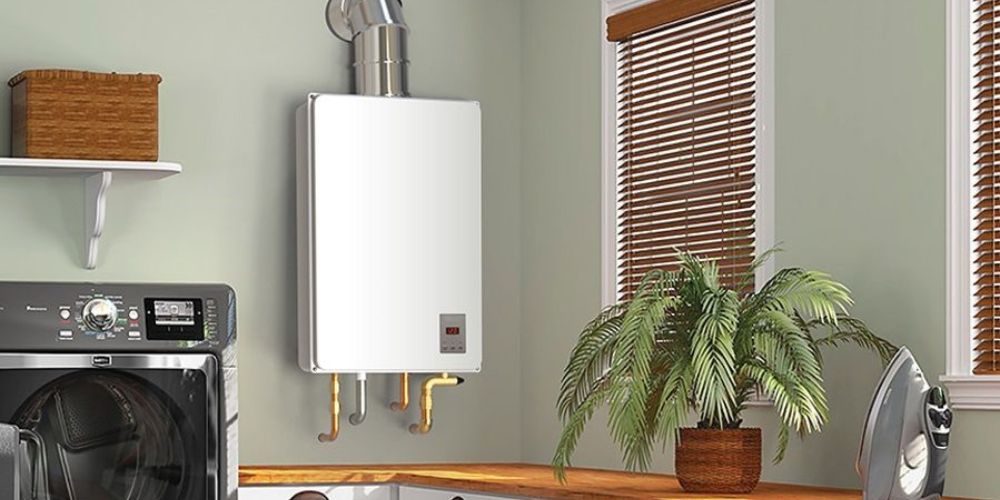
Most residential water heaters use a storage tank, while others heat water on demand, eliminating the need for a tank.
Tank Water Heater
Tank models store heated water in an insulated tank to provide a continuous supply that caters to numerous demands simultaneously. These have relatively inexpensive upfront costs and are very easy to install, so they have been popular in many homes.
The sizes available for this type are as small as those for single apartments and as large as those required for big houses. These consume more space and often lose heat while on standby. However, new models boast better energy efficiency and performance that help save money over time.
- Good For: Homes with consistent hot water demands.
Tankless Water Heater
Tankless water heaters use a robust heat exchanger to heat the water as it passes through the heater, providing instant hot water at the point of use, all without storage in a tank. This design allows them to be much smaller than tank varieties, which means they can be installed closer to where the water is used and significantly reduce their heat loss and space usage.
- Good For: Homes looking to save space and energy.
Benefits of Tankless Water Heaters:
- Compact Size: Tankless water heaters are much smaller, fitting in more places throughout the house.
- High Energy Efficiency: They offer improved energy efficiency, typically 8% – 14% better than storage water heaters.
- Endless Hot Water: They provide continuous hot water, unlike tank models that run out once the tank is empty.
- Longevity: Tankless water heaters last over 20 years, compared to 10-15 years for storage tank heaters.
You can choose between electric tankless water heaters, condensing gas tankless water heaters, and non-condensing gas tankless water heaters.
How to Choose the Right Water Heater
The right choice of a water heater requires consideration of many factors. First, estimate the amount of hot water needed for the size and pattern of usage within your household, along with the level of energy efficiency expected.
Consider the space available for installation and weigh money likely to be saved in the long run against a higher upfront cost for some of these heaters. The second is fuel choice—electricity, gas, or solar—and its accessibility where you live. Lastly, think about warranty, maintenance needs, and environmental impact.
Conclusion
From traditional tanks and energy-efficient tankless to eco-friendly solar systems, it becomes essential to understand your needs and choose the right system. Call PlumbSmart for professional advice or water heater repair services tailored to your needs.
PlumbSmart carries many solutions with water heaters to satisfy numerous requirements. All are engineered for dependable performance that saves you money in the long run. You can trust PlumbSmart for quality installations and reliable guidance to enhance your hot water experience.


